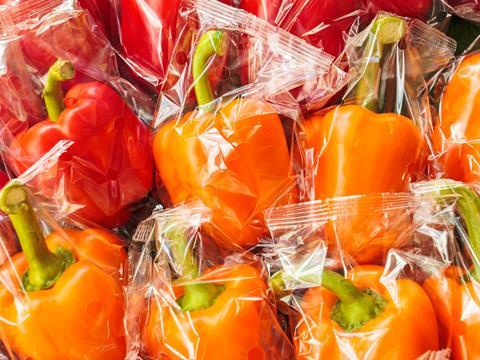
In a recent interview in Die Welt the new EU Commissioner for Environment, Virginijus Sinkevicius, considered the implications of a general ban on plastic packaging.
Building on the EU’s prohibition of various disposable plastic articles and packaging last year, Sinkevicius commented: “We definitely want to expand the rules for single-use plastics and are currently investigating in which direction that would be possible. An important step would be, for example, to ban plastic packaging or to prescribe the use of recycled plastic.”
Legislation regarding microplastics also seems to be on the EU’s agenda. According to Sinkevicius: “By the end of the year, we will provide a very detailed list of all those products that contain microplastics or that use microplastics. And then we will make sure that these products no longer release microplastics.”
These comments come at a time when many bodies are arguing that plastic packaging bans may actually be doing more harm than good. According to a new report published by Green Alliance, firms are increasingly turning towards non-plastic alternatives, such as paper and plastic, that it argues might ultimately be more harmful to the planet in terms of CO2 emissions.
In response to Sinkevicius’ comments, Dr. Martin Engelmann, Managing Director of the German Plastics Packaging Association said: “The Commissioner should ask himself how his statement will be received by those who are about to decide on investments in recyclable packaging or recycling plants. If politicians exclude plastic packaging from the circular economy, these urgently needed investments will certainly not be made.”
"Some politicians are currently suggesting to consumers and voters that blanket bans can be used to overcome the major challenges in environmental and climate protection,” Engelmann continued. “Unfortunately, they forget to mention the contribution plastic packaging makes, for example, to CO2 savings and food safety."













